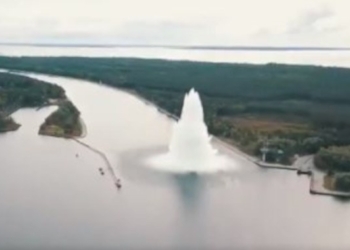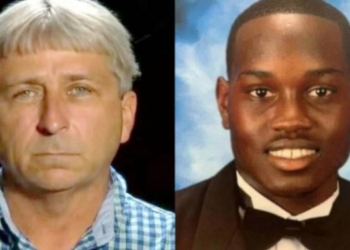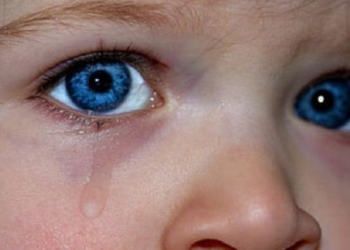 Addiction is a very serious matter and when it involves powerful narcotics there are multiple forces at work. The user may feel a dependence on their substance of choice for any number of reasons which need also be addressed so as to slowly and successfully wean the individual from their addiction and put them back on the right path.
Addiction is a very serious matter and when it involves powerful narcotics there are multiple forces at work. The user may feel a dependence on their substance of choice for any number of reasons which need also be addressed so as to slowly and successfully wean the individual from their addiction and put them back on the right path.
Marijuana addiction treatment is administered in a program that relies on the expertise of healthcare professionals and licensed therapists who specialize in working with patients who have developed a severe dependence on frequent marijuana use. In order to recover from an addiction to this form of narcotic, patients must seek out a recovery center that offers a safe and nurturing atmosphere, one that puts an emphasis on developing a personalized regimen for rehabilitation.
This is done through a carefully considered support structure for getting patients off the merry-go-round of dependence and back on their feet towards complete sobriety.
Devising the Right Marijuana Addiction Treatment Plan
There are more users of marijuana in the United States than any other commonly abused narcotic and its popularity has only increased with the recent changes in state laws around the country. Many have now legalized marijuana use for both medicinal and recreational purposes and this has lifted the stigma that was once associated with the drug as an addictive substance.
But while legalization has made the drug more appealing and easier to procure and use that has not altered some of the less glamorous aspects of marijuana consumption, namely the increased potential for the development of intense disorders that could lead to a full-blown addiction for the drug's effects on the mind and body. Studies have shown that common users of the drug are getting younger with teens and young adults becoming the heaviest consumers annually.
Unfortunately, these same studies are also providing hard, irrefutable data pointing to a greater risk of four to seven times more likely to develop an addiction in those who start to use the drug before the age of 18. Furthermore, the cliché of marijuana serving as a so-called gateway drug to other, hard drugs such as cocaine or heroin has a very real basis in factual evidence as marijuana users have been found to develop a dependence on these narcotics, and others, after starting to use marijuana first.
This is due in large part to the effect that cannabis can have on the human brain and its ability to condition the organ and the body's nervous system for intensified responses to harder drugs, increasing the potential for addiction.
Marijuana use can quickly turn from medicinal or recreational to something far more intensive and protracted and when there are profound negative physical, emotional, or psychological expressions of dependence being exhibited, the time to change these destructive patterns of behavior is now. That's when treatment should be the solution.
Creating a marijuana addiction treatment plan is a unique undertaking that is tailored specifically for every patient and the particular aspects that are driving their addiction. These customized treatment regimens may include any number of therapeutic options such as: Individual Therapy, Group Therapy, Family Therapy, 12-Step Groups, 12-Step Alternatives. Medication Monitoring, Life Skills Coaching, Spiritual Guidance, Mindfulness Activities, Group Outings, Health and Fitness Education Programs, and a Peer Mentorship Program.
All of these treatment methods are part of a comprehensive program that works towards identifying the root causes of dependence on marijuana, understanding the effects of the addiction in the patient, and providing them with the tools and support for kicking the habit now and remaining sober for the long term.
Methods of Consumption
Marijuana and its related products can be ingested through any number of methods such as smoking, vaping, edible items, and pills. In every case, the user intends to experience the effects of Tetrahydrocannabinol (THC) the main psychoactive ingredient in marijuana that affects the brain and triggers the release of dopamine. This is a naturally produced chemical that can give off a feeling of deep euphoria.
Certain strains of marijuana might contain more potent or increased levels of THC which can also result in some negative responses in the user such as panic attacks and a potential for overdose.
Symptoms of Marijuana Addiction
The first step towards recovery is admitting there is a problem. But it can be difficult to detect evidence of early warning signs of addiction and how they might become problematic. The most basic example of a growing need or dependence on marijuana use is an inability to simply function without using the drug.
Many users who are addicted to marijuana will begin to feel common withdrawal symptoms through even short periods between use. Eventually, the dependence on the drug may become so intense that its use or the after-effects of that use will start to affect the user in ways that make it difficult for them to remain interested in their work, academic studies, or any other aspects of normal life.
These are some of the most common red flags that addicts will start to exhibit when they have grown dependent on using marijuana to simply get through their day:
- Cravings for the drug that are so strong as to interfere with daily activities
- Sacrificing relationships with family and friends in favor of the drug
- Avoiding activities to use the drug
- Increasing harm or risk to oneself and/or others while using the drug or attempting to procure it
- Efforts to reduce the frequency of use or discontinue it entirely fail repeatedly
- Experiencing a tolerance to the drug which prompts increased use
- Poor financial conditions as a result of drug use
- Legal troubles as a result of drug use
- Lying and/or stealing to support the habit
These are just some of the tell-tale signs that someone is dealing with an addiction to cannabis and/or cannabis-related products and compiling an effective marijuana addiction treatment program is the next logical step to help you or someone you know through this challenging phase.














I dont even smoke MJ but its easy to see this is a very weak push-back to the legalization of marijuana, which will soon be legalized nation-wide.